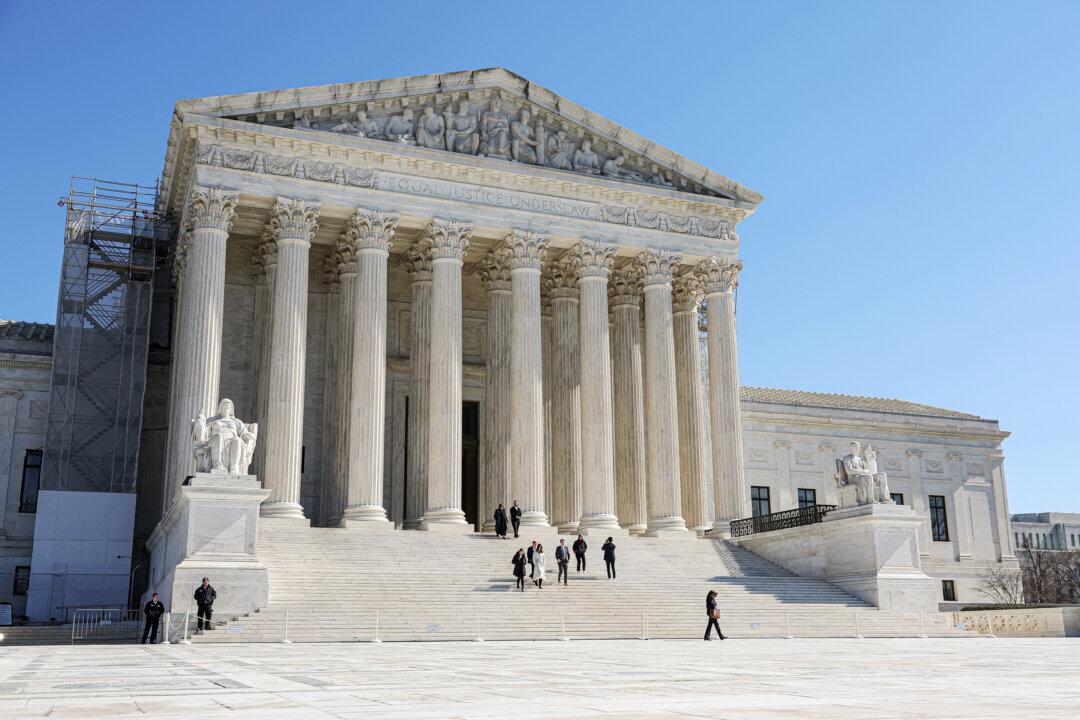The Supreme Court has set April 25 as the date that it will hear oral argument over former President Donald Trump’s claim that he enjoys immunity from prosecution in his D.C. trial.
Announced on March 6, it’s likely to be a historic hearing as the justices will tackle a momentous and relatively untested constitutional question that could impact the election cycle. More specifically, they agreed to consider the question: “Whether and if so to what extent does a former President enjoy presidential immunity from criminal prosecution for conduct alleged to involve official acts during his tenure in office.”





